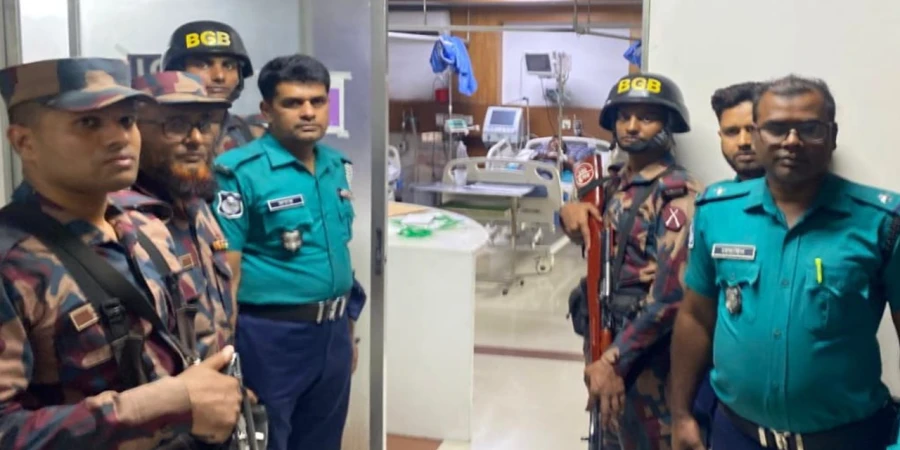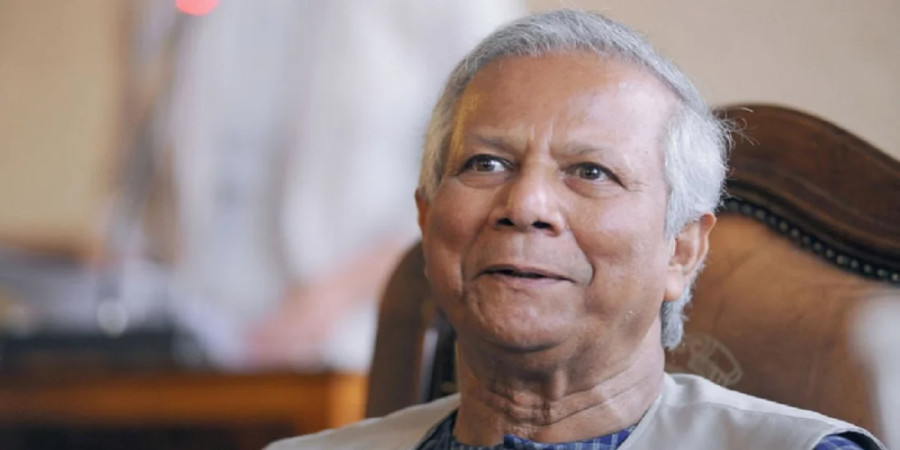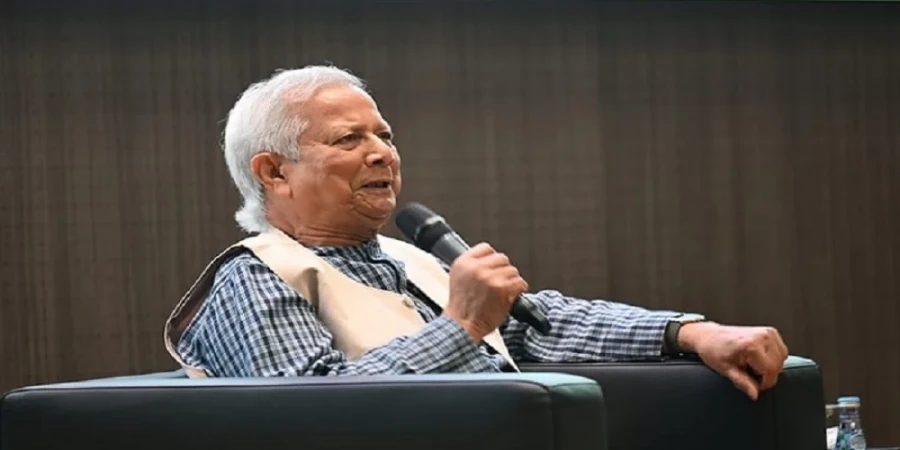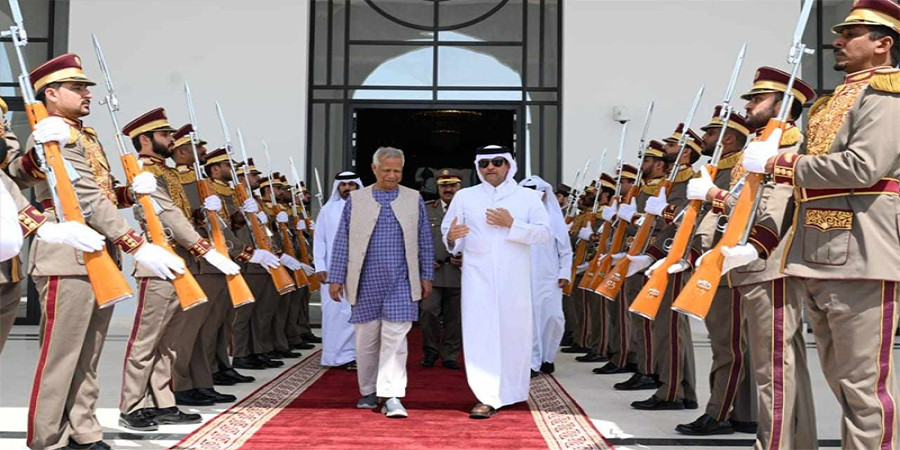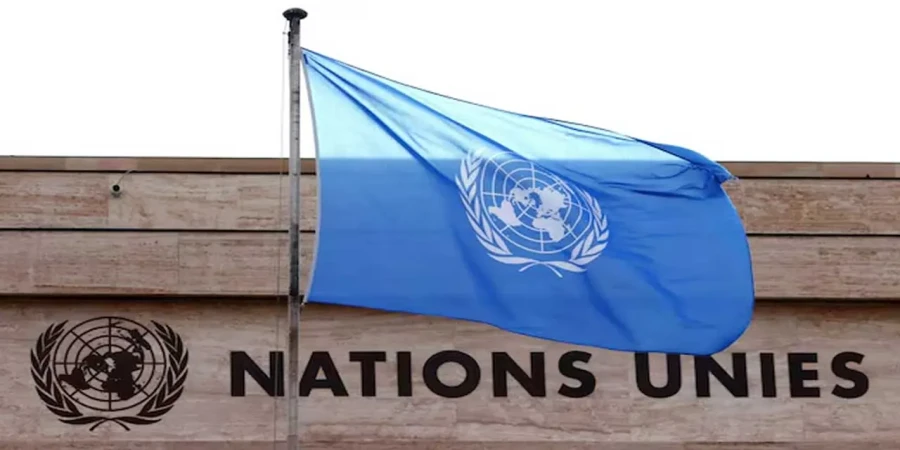
ছবি: Photo: Collected
A fact-finding report by the United Nations has revealed that the former government of Bangladesh made no efforts to hold perpetrators accountable for human rights violations committed during the mass protests in July and August 2024. Instead, it attempted to cover up the incidents.
According to the Office of the High Commissioner for Human Rights (OHCHR), no concrete efforts were made to investigate the violence perpetrated by security forces and ruling party supporters between July 1 and August 5, 2024.
The report states that in some cases, the police took the bodies of those killed from hospitals without returning them to their families, concealed them, or even incinerated them to destroy evidence.
On February 12, the UN published the report titled "Human Rights Violations Related to Protests in Bangladesh, July-August 2024." OHCHR also reported that special police units and the Rapid Action Battalion (RAB) were secretly allocated additional ammunition to obscure the record of their use of firearms in official documents.
Quoting former government officials, the report notes that no investigations were conducted into shootings or torture by security forces. Officials at the time argued that due to the "critical situation," no victims had officially lodged complaints.
However, the UN countered that reports from international media and human rights organizations were sufficient grounds to initiate an investigation. Rather than ensuring accountability, the government made a coordinated effort to suppress the truth.
The report further reveals that intelligence agencies, including the Directorate General of Forces Intelligence (DGFI) and National Security Intelligence (NSI), along with police intelligence units and other law enforcement bodies, confiscated key medical records from hospitals where injured protesters were being treated to erase evidence of abuse.
It also states that lawyers, journalists, victims, and their families who demanded accountability for those killed by security forces were subjected to threats and intimidation.
OHCHR disclosed that DGFI officers contacted victims' families and their legal representatives either by phone or through in-person visits to intimidate them.
The report highlights that despite clear evidence implicating police in the killing of Abu Saeed, hundreds of innocent individuals were arrested. Video footage and other proof clearly showed law enforcement was responsible for his death.
OHCHR also stated that the former prime minister and her ministers publicly blamed members of the opposition, particularly the BNP and Jamaat, for the killings and injuries sustained by protesters, even though security forces were responsible for the violence.
The report indicates that Bangladesh’s Ministry of Foreign Affairs had conveyed international concerns to the Prime Minister’s Office, the Ministry of Home Affairs, and the Ministry of Information.
A former foreign minister, who is now in hiding, claimed that he had personally informed the prime minister of concerns raised by international leaders.
The report states that on July 17, 2024, the then-prime minister announced the formation of a judicial inquiry commission but blamed the unrest on "opposition instigators" and "terrorists."
However, the investigation was limited to cases of deaths, violence, destruction, arson, looting, and terrorism linked to the quota reform movement, focusing solely on the actions of the protesters while completely ignoring the widespread brutality committed by security forces.
According to the UN report, after August 5, the commission failed to publish any interim findings, and no written records of its activities were found.
Bangladesh’s National Human Rights Commission was also criticized for failing to hold anyone accountable for the human rights violations.
The commission issued a vague statement on July 30, merely describing the events as "deeply unfortunate human rights violations" and calling for an end to mass arrests
repoter



